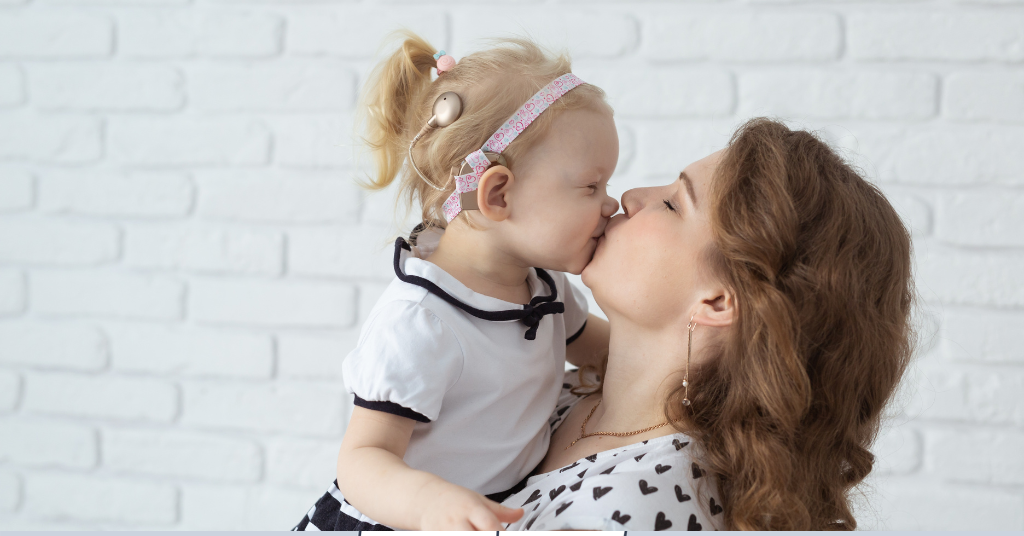
The Month I Suddenly Went Deaf
August 9, 2017
Cici hears to dance
August 14, 2017Why TV is good for people with hearing loss

Can TV ever be “good” for someone?
TV often gets a reputation of being a waste of time, or a mindless activity for passive viewers, but TV can actually play an important role in one’s life – especially those with hearing loss.
Social isolation and withdrawal are commonly associated with hearing loss. TV viewing can help an individual remain connected to the world.
In fact, studies in geriatric care facilities have found TV is the only connection many individuals have to the rest of the world, to feel connected and contributing.
“TV is an important window to the world and a basis for shared experience for seniors,” according to a study by the Center for Media Literacy. “We found that the primary gratifications the aging audience sought from media, including TV, were a sense of being more involved in the world, entertainment, acquiring information and passing time.”
“TV is an important window to the world and a basis for shared experience for seniors”
TV technology for those with hearing loss
You may notice this with your own friends and family members who have hearing loss, but are not using hearing technology. Maybe they are turning up the TV volume loudly, or requesting that closed captions stay on.
If the volume or accessibility features are unable to accommodate their hearing, vision or alertness needs, they may eventually not be able to actively watch TV at all.
Those who additionally become more withdrawn from society and social activities may indeed benefit from hearing technology.
There are various technologies available that address the issue of hearing loss and TV watching. It’s best to discuss these options with your hearing professional to determine which will best meet your particular needs.
If you wear hearing aids or cochlear implants, you can choose from a few different coupling options, including looped systems, direct audio cables, or digital induction via Bluetooth technology.
Read more: Connecting my hearing aids to technology
As TV viewing is one of the most common listening situations described by people with hearing loss, it is often used as a benchmark for how successful amplification is for a patient, allowing them to stay connected, and potentially live a healthier, happier life.



